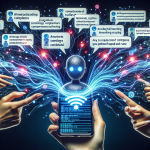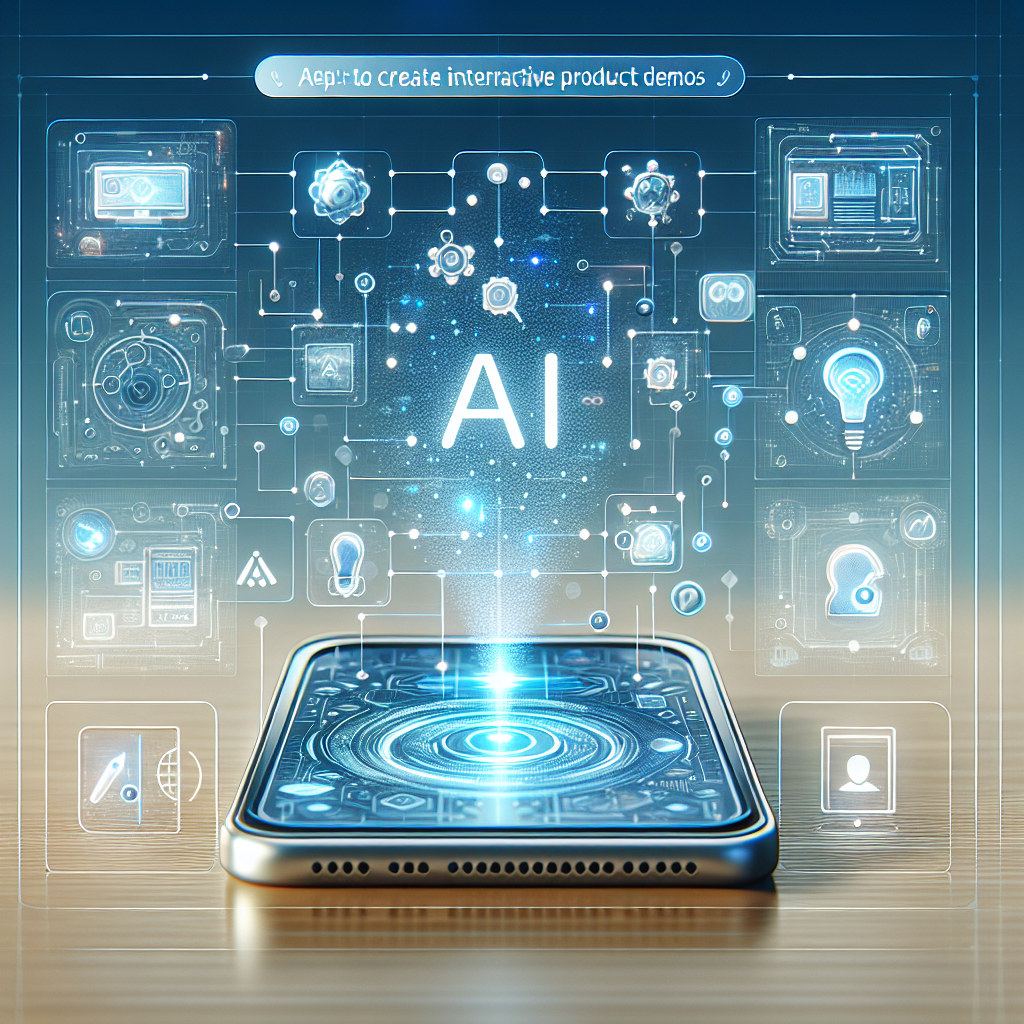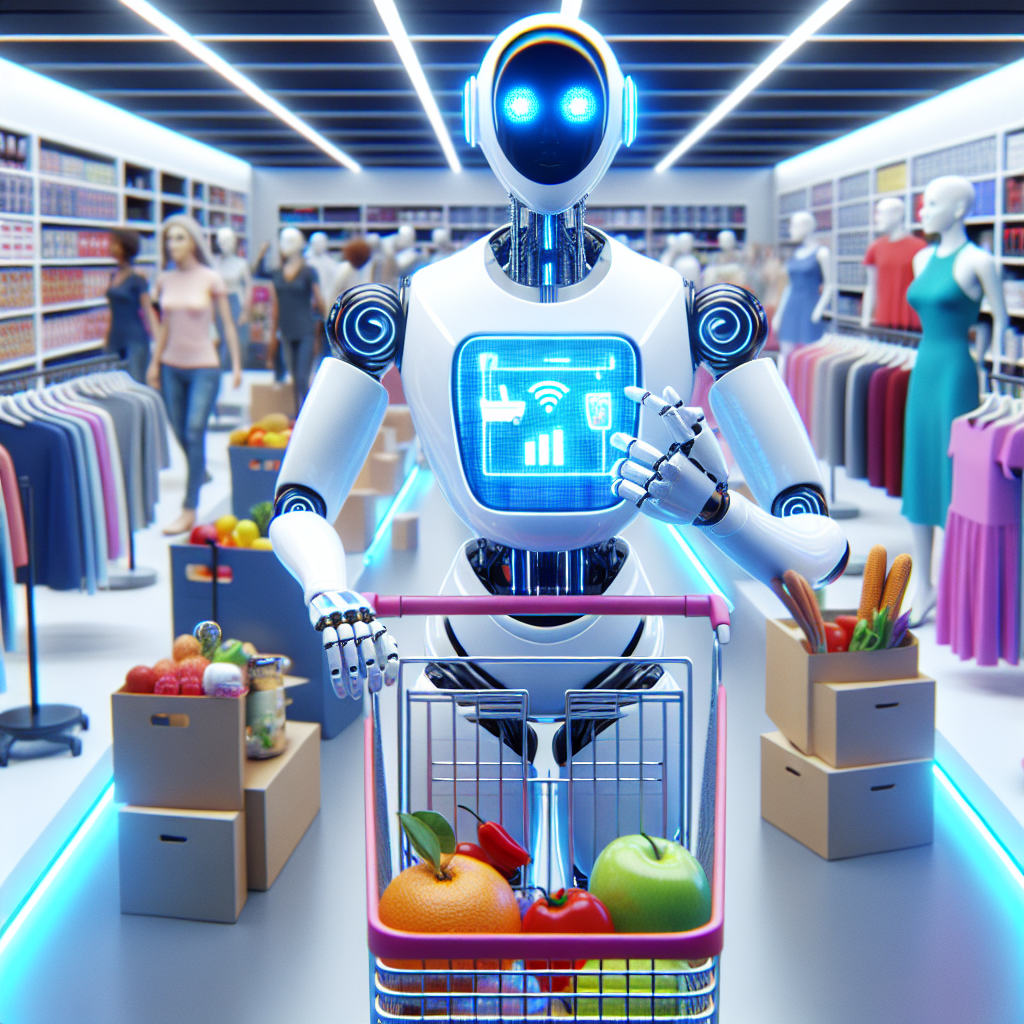Introduction to AI-Powered Product Demonstrations
Interactive product demos have long been a staple of the sales and marketing arsenal. They allow potential customers to experience a product’s value first-hand, often leading to increased engagement and higher conversion rates. With the rapid evolution of artificial intelligence (AI), businesses now have the power to take product demonstrations to a whole new level—creating intelligent, interactive, and highly personalized experiences that resonate with users across the buyer’s journey.
How AI Enhances Interactivity in Product Demos
AI enables several key enhancements in interactive demonstrations:
1. Personalized User Journeys
AI systems can analyze user data such as industry, job role, past interactions, and behavioral patterns to tailor the product demo experience. Instead of a one-size-fits-all demo, AI can dynamically adjust features, messaging, and content so users see exactly how the product fits their specific needs.
2. Conversational Interfaces with Chatbots
Integrating conversational AI, such as chatbots or voice assistants, into product demos offers a more intuitive, dialogue-driven experience. Customers can ask questions in real time, receive instant answers, and be guided through the features that matter most to them—mimicking a natural sales call but at scale.
3. Smart Analytics and Feedback Loops
AI collects and analyzes data from user interactions within the demo, helping businesses understand which features users explored, how long they engaged, and where they dropped off. This insight can refine future demo experiences and inform product development strategy.
Popular Applications and Use Cases
AI-powered interactive product demos are already making waves in various industries:
Software as a Service (SaaS)
Many SaaS companies now use AI to create demo environments that adjust to the prospect’s use case. For instance, a project management tool might showcase different functionalities for a marketing executive versus a product manager.
eCommerce
Retailers use AI to create immersive product try-ons using augmented reality and machine learning. These demos help consumers see how a product might look on them or in their home, increasing purchase confidence and reducing return rates.
Automotive and Manufacturing
Companies use virtual environments enhanced by AI to simulate vehicle control systems or machinery operations, allowing customers or partners to test products without ever stepping onsite.
Benefits of Using AI in Product Demos
Innovative demos powered by AI offer numerous business advantages:
- Scalability: AI-driven demos can scale seamlessly across thousands of users without needing dedicated human support.
- Real-Time Adaptation: Machine learning algorithms improve the demo experience by adapting in real time based on user behavior.
- Higher Engagement: Personalized and interactive demos capture user attention and increase session duration.
- Sales Enablement: Demo data provides valuable insights that help sales reps tailor follow-up communication and proposals.
Best Practices for Implementing AI in Demos
To successfully integrate AI into your product demonstrations, consider the following strategies:
Start with Clear Objectives
Before implementing AI, define what you want to achieve—whether it’s increasing demo completion rates, improving lead qualification, or reducing sales cycle time.
Leverage Existing AI Tools
Numerous platforms offer plug-and-play AI capabilities, including voice recognition, recommendation engines, and user behavior analytics. Leverage these tools to minimize development time.
Maintain Human Oversight
While AI can automate many aspects of a demo, retaining human oversight ensures the experience remains on-message and aligned with branding goals.
Test and Iterate
Treat your AI-powered demo like a living tool. Use A/B testing and user feedback to refine the experience continuously for maximum effectiveness.
Looking Ahead: The Future of Interactive Demos
As AI continues to mature, expect product demonstrations to become even more immersive and intelligent. Integrating technologies such as augmented reality (AR), virtual reality (VR), and natural language processing (NLP) will enable virtual demos that feel as lifelike and persuasive as in-person engagements.
In the future, AI might enable hyper-realistic sales avatars, predictive demo sequencing, and seamless transitions between self-guided experiences and live human support, making product demos not just a marketing tool, but a self-evolving asset in the customer playbook.
Conclusion
AI is transforming how companies present their products and interact with prospects. By using intelligent automation, personalized content delivery, and conversational interfaces, businesses can deliver rich, compelling demo experiences at scale. Organizations that embrace AI-powered product demos position themselves for greater engagement, more qualified leads, and ultimately, higher conversion rates in an increasingly competitive digital landscape.







